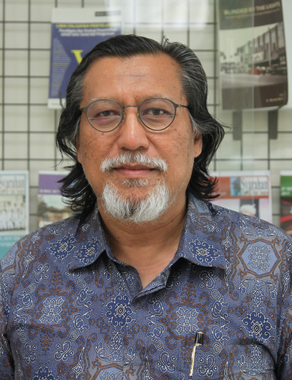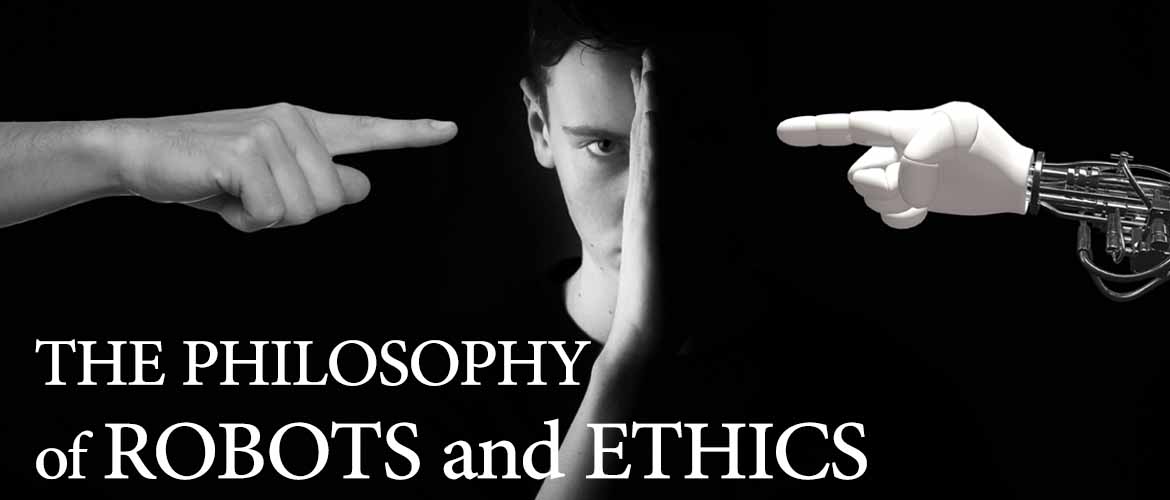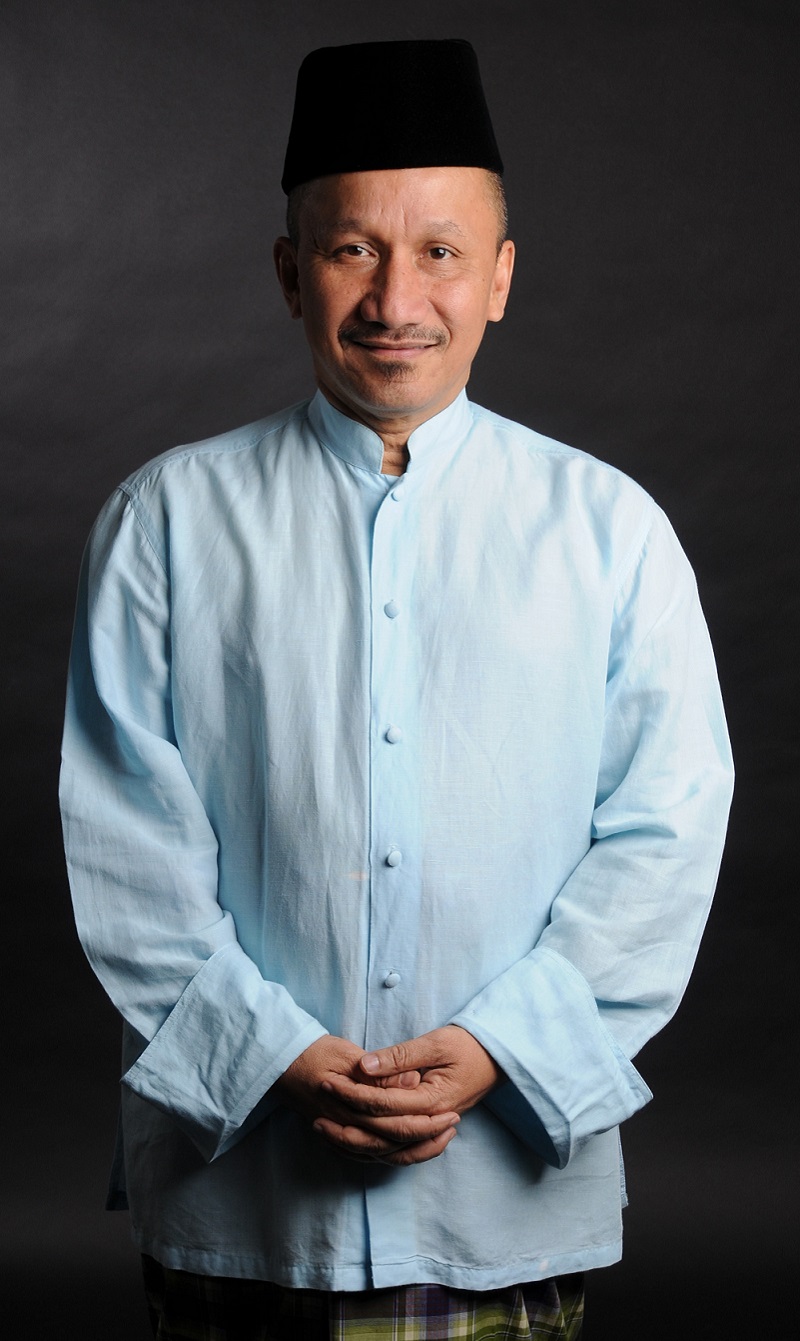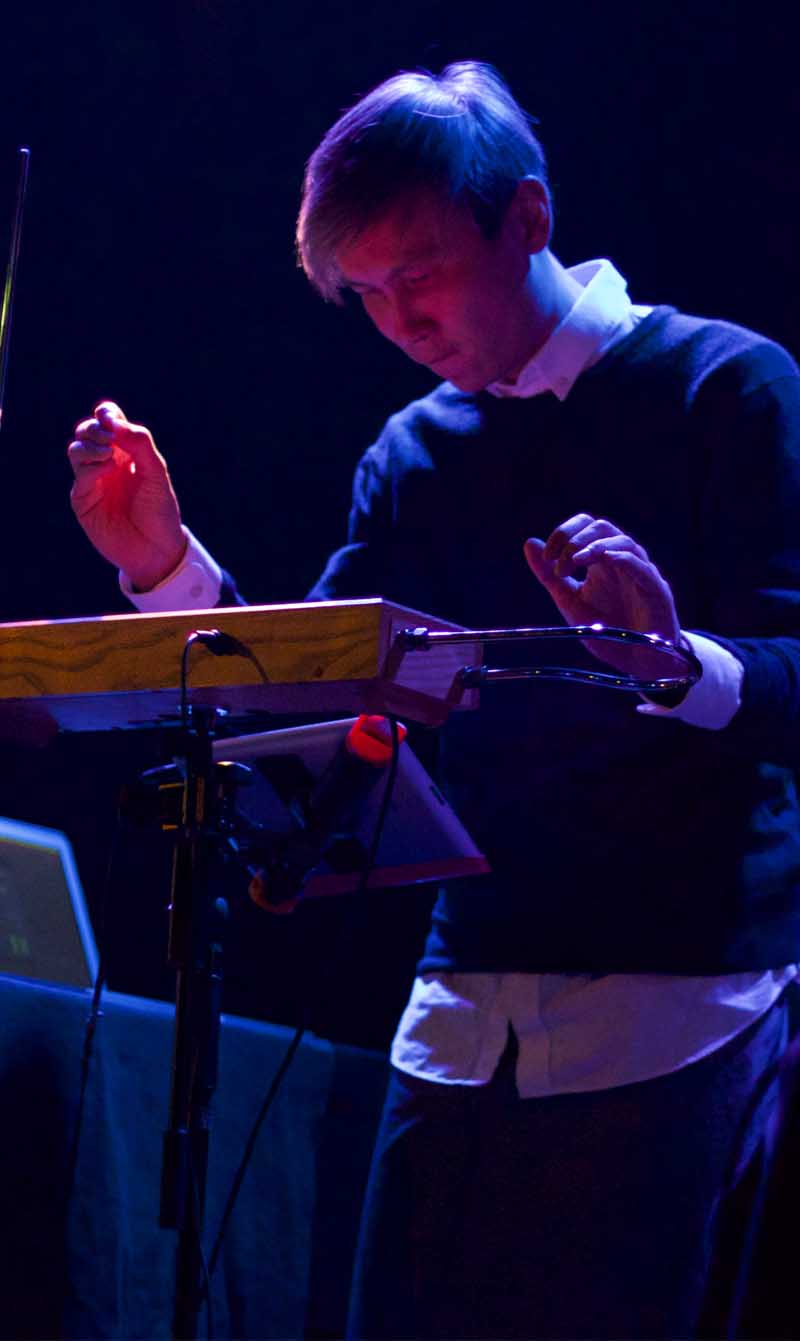The philosophy of robots and ethics
Deliberations and discourse on accountability for robots and ethics have been going on for some time. Malaysian scholar and academic, Professor Dato’ Dr Ahmad Murad Merican, philosophises on this much debated topic, giving you food for thought. This was first published in the third issue of In Focus magazine.
Recently I was presented with a dilemma: A child runs onto the road and the self-driving car has no time to stop, but it can choose to swerve and hit an elderly person. What should it do and who gets to make that decision?
A quick response: If autonomous vehicles are the future, its ‘perfect’ efficacy depends on other autonomous objects – in both the tangible and the intangible. It’s the re-learning of humanity and a re-understanding of what it means to be human. The self-driving car takes its image in the human being – it operates through AI. But the technology hasn’t reached the stage of a matured human being, or a wise one at that.
What we have is primitive AI. In that context, the programming of choice reflects an immature system, operating at an ‘infant’ stage at that. But the car should (still try to) stop upon sensing an object, instead of swerving. Self-driving vehicles are only effective when it behaves human-like with appropriate sensors in place, that is able to contextualise the environment, and driven by deep and higher-level AI. The car should be built in our own image. That’s only very human for any autonomous objects we create.
Robots and code of ethics
It is not robots, but human beings that need a code of ethics. Here, man plays the role of creator. If we notice the name of the robot that has gained popularity over recent months and is associated with the Fourth Industrial Revolution, Sophia, we’d be able to imagine the imagination of its creators.
Why is the name ‘Sophia’ given to the robot? This is because despite the vast potential that a robot could do, can the robot be programmed to be wise? The term ‘sophia’ is derived from the Greek philosophia or philosophy where ‘philo’ means ‘love’ and ‘sophia’ means ‘wisdom’. So, ‘sophia’ is that ideal for wisdom imagined by man.
But then, can a robot be wise? The second concern is the spirit and the soul. If we remember Ray Kurzweil’s books, The Singularity Is Near: When Humans Transcend Biology (2005) about AI, and the future of humanity built on ideas from The Age of Spiritual Machines (1999). Kurzweil imagines that machine intelligence would be more powerful than human intelligence and at some point, these will merge. These are indeed powerful ideas having ramifications on ethics and morality.
Addressing ethical issues
We’ve arrived at the stage of advancement which is essentially the cognitive revolution. We’ve
to engage in the meaning of logic and rationality. Certainly, that has transformed over the last three decades. Now, we’re both object and subject. The robot, or any invention that imitates such a set of behaviours, isn’t only our object of desire, but also reflects us being the subject of that object. The issue of agency and morality of purpose.
Therefore, we need to handle three elements:
- The multi-faceted, deeply inter-connected world that we live in.
- The breadth and depth of multiple technologies, the so-called robot may take on different meanings for us.
- We must remember that robots don’t stand alone, it’s a system, having systemic impact across and within societies, groups, communities, cultures, countries, companies, industries, governments, regions and such.
Why we must address these issues is simply due to its vast, ‘apparently infinite’ fluidity of man. But we must also think of our collusion with the Sacred and the Transcendent. We must remember that the complexities lie in the contradictions of its origin and purpose.
Robots are lifeless creations. We give ‘life’ and ‘agency’ to it. Robots in fact have no life and no soul. It doesn’t control us. We control the machines that we create. The machines are the extension of ourselves – raw power to our biology and nervous systems to our thoughts. Man is suggesting that machines can learn and reflect. Humanity should be within us, not within our machines.
Guiding responsible technology
Perhaps those in the humanities can play a role in guiding responsible technology. They deal with the abstract, with the conceptual and border on the reality or imagination matrix. This is because humanities form part of a sweeping arc of human learning. Humanities is able to provide the spiritual, moral and ethical dimensions to the conceptualisation and use of technology because it bears a peculiar relationship to the world – they are in the world, but not entirely of it.
Interdisciplinarity isn’t merely an approach and a method. It represents an ethical commitment to promoting a diversity of perspectives – to engaging in productive, if properly contentious, conversations between disciplines. The humanities may be posited as a transdisciplinary realm and currently much intertwined technology – at the scientific and popular levels. The humanities shape technology, and vice versa. For example, poets illuminate the world with images and metaphors that are distant from daily discourse, but nevertheless uncover the imaginative and verbal intensity that lies concealed in technology and things.
For industry, organisations and government, an ethics advisory panel is critical for present conditions and the future – the social, political, at the national, regional and global levels are interconnected. Big data superhighway is a machine unto itself. These have to be managed in both micro and macro terms. A group of people, comprising philosophers, those in the cultural, social and legal sciences, philosophers and historians of science should lead. Policy makers and formulators, legislators, manufacturers and technologists, parliamentarians can be integral to the mechanism.
Furthermore, the media, both traditional and digital, can present a proper discourse. All views of machines and ethics should be discussed and debated at all levels. Society needs to know and be provided with critical insights on machines and robots, and how we can be engaged in developing a better tomorrow.
Influence of robots on human behaviour
There’ll continue to be more interface with technology being in the human system. We need new ways of looking at technology and machines. The boundaries are extended beyond the conventional.
Now, the environment is online and the machine is the environment. Beings, minds and technologies are interconnected. The experience of reading words on a networked computer, whether it’s a PC or an iPhone, is very different from the experience of reading the same words in a book or a newspaper. These are robots and machines.
As a technology, a book focuses our attention, isolates us from the myriad distractions that fill our everyday lives. A network computer does precisely the opposite. It’s designed to scatter our attention. It doesn’t shield us from environmental distractions, it adds to them. The words on a computer screen exist in a welter of contending stimuli. The human brain adapts readily to its environment.
The adaptation occurs at a deep biological level, in the way our nerve cells or neurons connect. What
we see changes who we are. That’s how manufacturers and designers would have to assume and structure the foundations of their thoughts and actions. Morality is based on our senses and it’s blind without spirituality.
Last words
These are machines that reflect humanity and the consciousness of man. Machines like robots, gather, store and share information – these are critical to our social, intellectual and spiritual environments because they play important roles in shaping our modes of thoughts. A glance in the course of intellectual history shows our thinking habits have shifted dramatically.
We don’t need new ethics, but new ways of approaching ethics in the interface between man and machines. Rationality isn’t the rationality that we use to know. Logic isn’t the logic that we’re used to be conditioned in. Our individual intellect and collective culture become part of the complex system of man-machine interface. That is where we adapt and interoperate.
___________________
For more on the latest topics related to business, technology, finance and more, read our digital versions of In Focus magazine, issue 1, issue 2 and issue 3.

About the Author
Professor Dato’ Dr Ahmad Murad Merican has been an academic since 1986 with interests in the fields of media and journalism studies, intellectual history, as well as the history and philosophy of science. He is attached to the Centre for Policy Research and International Studies (CenPRIS) at Universiti Sains Malaysia in Penang. He is an author of 12 books and regularly writes for the Malaysian media.





